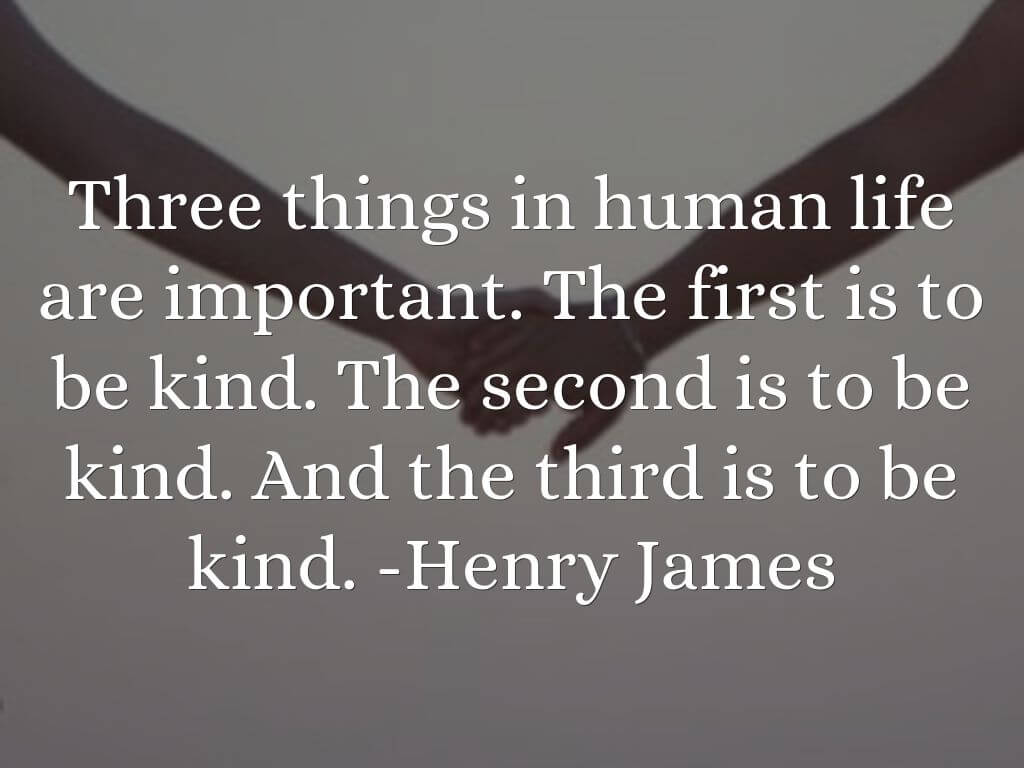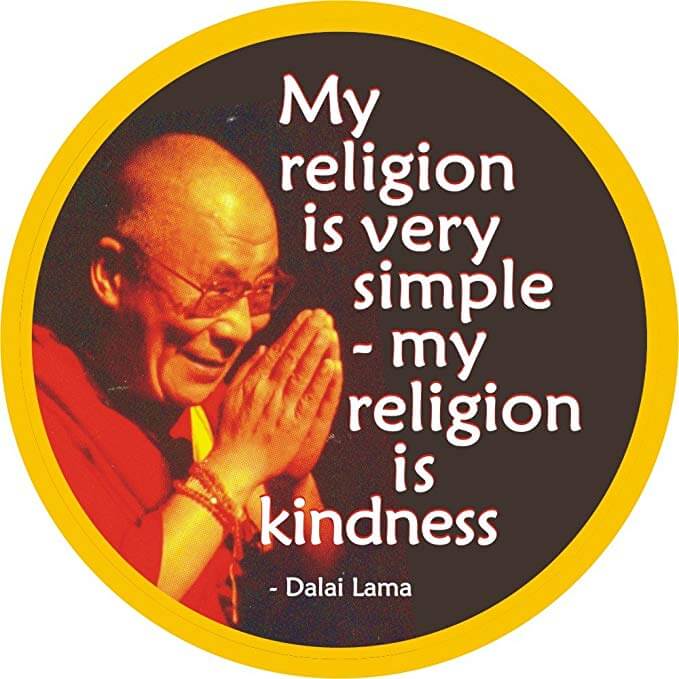
“…the more we care for our colleagues, the better the Timpson key-cutting and shoe-repair business seems to perform. Over the past five years, we have opened 1,000 new shops, sales and profits have doubled”
James Timpson of Timpson, in the Sunday Times August 25, 2019
Just a few days ago, I wrote in: “Do all CEOs “only care about profit”? No..” that there is a gap between those who put the new triple bottom line first and a belief they may have that ““Yes, being all about Purpose, People and Planet is all very well, but CEOs only care about profits!”. My response is to address that gap by: “showing real living examples of companies and other organisations (including charities and governments) that have chosen to put Purpose, People, Planet first and paramount AND have made Profits.”
(and Profit for Scaling your Impact, not solely enriching Shareholders)
As James notes, by putting their people first Timpson is one such company that makes more profit, and I love the way James Timpson has just put numbers to it in his piece in the Sunday Times. Let’s look at his example and learn more from him
Learning from Timpson
First, thank you to Dweb Oxley of the Employee Ownership Association for highlighting the James Timpson article.
I’ve written about James and Timpson before, so for more of my thoughts on this (and more on Timpson), read:
- Doing what is right – Timpson (part 1 and part 2)
- The best way to find out if you can trust somebody is to trust them
- Trust is a choice
As you can tell, I am a fan and love shining a light.
Here I give you an excerpt of the article, the full one is in the link above (and the paywall at the Times/Sunday Times is one I happily invest in for articles such as this.)
This is full of nuggets for leaders, I thank James Timpson for being a great example of #OpenLeadership. Please read this carefully, I am sure you can pick up several ideas to apply for your own business and leadership:
Usually, when things go wrong, the first things to be taken away are the benefits that reward hard-working colleagues. Christmas parties may be cancelled, or (even worse) free tea and coffee scrapped. But benefit cuts send out the wrong message. In tough times, we should invest more in our people — to inspire them, thank them and encourage them to stay and help turn things round.
Creating a culture of kindness isn’t just about spending money, though. Many of our most important measures don’t cost a penny.
We want bosses to be the kindest people their colleagues — never “staff” — have worked for. We encourage them to be mentors, with support going well beyond the workplace. An arm around the shoulder at times of bereavement, family breakdown, stress or depression is very much part of the job.
Our leaders are seldom measured by profit or sales growth; they are mainly judged by our “happy index”. Every year, we conduct a survey with only one question: “How happy are you with the support you get from your boss?”
On the day the scores are announced, our office is like a school on A-level results day — it’s a big deal.
As leaders, we have a moral duty to ensure colleagues only work alongside people as wonderful as they are. If I don’t get this right, I have failed. Having a culture of kindness only works in a business full of happy, interesting and sparky people. Employees who don’t enjoy their job should be helped to find their happiness elsewhere.
The final piece of the jigsaw is trust. No one is more important than anyone else, so everyone should be trusted to do what they think is right, and the people best placed to improve the business are those working on the frontline — the colleagues who serve customers, pack boxes and raise invoices. Management should stick to strategy and leave processes to the people who do that job.
Thank you to James and to Timpson for showing that:
Purpose+People+Planet=Profit (to scale impact)
Oh, and in the full article James writes about how, with the growth in Timpson, they are now putting millions more into making their people happy, ie using profits to scale their impact.
In closing, in reading James’ words, I believe he would like these words from the Dalai Lama.
Imagine the world we would live in if all leaders (business and political in particular), modelled this?

Let’s talk
Book your 30-minute meeting here.
